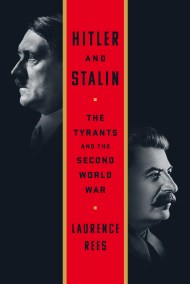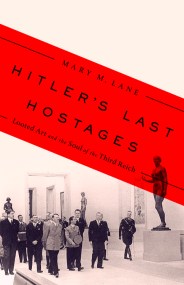Promotion
Use code MOM24 for 20% off site wide + free shipping over $45
The Berlin Mission
The American Who Resisted Nazi Germany from Within
Contributors
Formats and Prices
Price
$28.00Price
$35.00 CADFormat
Format:
- Hardcover $28.00 $35.00 CAD
- ebook $16.99 $21.99 CAD
- Audiobook Download (Unabridged)
This item is a preorder. Your payment method will be charged immediately, and the product is expected to ship on or around October 29, 2019. This date is subject to change due to shipping delays beyond our control.
Also available from:
An unknown story of an unlikely hero–the US consul who best analyzed the threat posed by Nazi Germany and predicted the horrors to come
In 1929, Raymond Geist went to Berlin as a consul and handled visas for emigrants to the US. Just before Hitler came to power, Geist expedited the exit of Albert Einstein. Once the Nazis began to oppress Jews and others, Geist’s role became vitally important. It was Geist who extricated Sigmund Freud from Vienna and Geist who understood the scale and urgency of the humanitarian crisis.
Even while hiding his own homosexual relationship with a German, Geist fearlessly challenged the Nazi police state whenever it abused Americans in Germany or threatened US interests. He made greater use of a restrictive US immigration quota and secured exit visas for hundreds of unaccompanied children. All the while, he maintained a working relationship with high Nazi officials such as Heinrich Himmler, Reinhard Heydrich, and Hermann Göring.
While US ambassadors and consuls general cycled in and out, the indispensable Geist remained in Berlin for a decade. An invaluable analyst and problem solver, he was the first American official to warn explicitly that what lay ahead for Germany’s Jews was what would become known as the Holocaust.
Genre:
- On Sale
- Oct 29, 2019
- Page Count
- 336 pages
- Publisher
- PublicAffairs
- ISBN-13
- 9781541742161
Newsletter Signup
By clicking ‘Sign Up,’ I acknowledge that I have read and agree to Hachette Book Group’s Privacy Policy and Terms of Use







